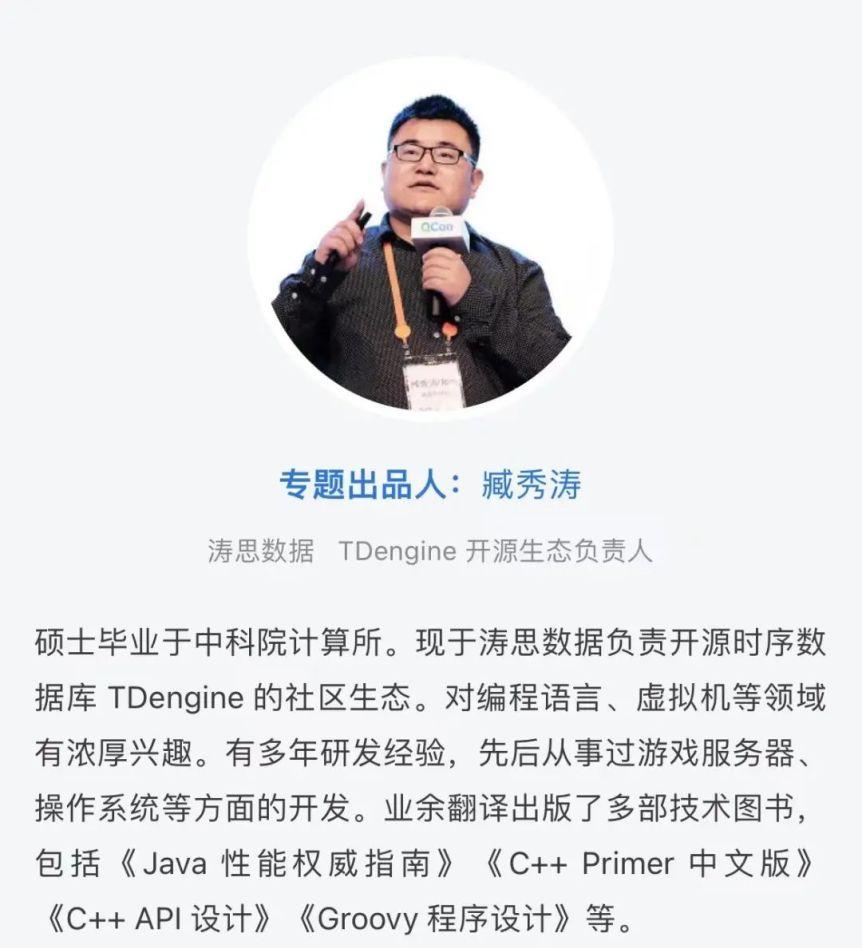I believe that many people have more or less stepped on the "pit" of some open source projects, or the open source projects they operate have also "pit" many people. (To tell the truth) If you summarize the current situation of open source in China in one sentence, the biggest problem is the unsustainability of open source projects. In layman's terms, many open source projects are "semi-finished products", and some projects may be just KPI products, or the original maintainers have been promoted and slapped away. Open source is not simply the end of a bunch of code, the follow-up operation and maintenance road is a long way to go.
But it has to be said that the influence of domestic developers and the contribution of top open source projects are increasing, and the contribution to the international community has increased. Even if there are still many problems in the current domestic open source ecology, after the problems are exposed, it is not a meaningful thing for some people to argue, to improve, and to identify.
At the QCon Global Software Development Conference (Beijing Station) to be held on May 12-14 this year, we planned the "Open Source Operation" feature and invited Tom, the current head of the open source ecology of Taosi Data TDengine, as the special producer, Tao Ge was the conference director of InfoQ for many years, and was also a good friend of our team, and cherished our conference process and quality control requirements.

In the topic communication between editors and producers, they all paid attention to dubbogo, one of the most active open source communities in Alibaba's open source project, and the dubbogo community has realized the interconnection of apache/dubbo-go with dubbo, Spring Cloud, and gRPC ecosystems in the past three years, bringing Java middleware capabilities into the Go language ecology. The community is also promoting projects such as apache/dubbo-go-pixiu to create a next-generation Dubbo Mesh ecosystem. This "Open Source Operation" topic is very fortunate to invite dubbogo community leader Zhao Xin (Yu Yu) to share, Yu Yu is very passionate about open source, and has rich experience in how to open source a project and build an open source team, daily life and work with students in the community. Attached here is Teacher Yu's personal growth experience:
2011 ~ 2013 Built a private Linux development library in C;
Began contributing several PRs to Redis in 2014 and was merged into one of them at the end of 2017;
In 2015, due to the needs of an open source project, muduo was refactored in C++11 to remove boost dependencies;
In 2016, due to the company's strategy to build a go version of dubbo, it began to maintain a separate project for a long time on its own;
Dubbogo was promoted at the 2017 OSC Source Creation Association Year-end Ceremony in 2017;
In 2018, we contacted the Alibaba middleware team responsible for dubbo open source, and began to cooperate and form an open source team;
In 2018, because the company's storage needed to build a Pika kv storage cluster and an InfluxDB cluster, during which PikaPort was open sourced; in 2019, it began to develop dubbogo;
In 2020, kubernetes master node throttling requires participation in sentinel-golang open source;
In 2021, kubernetes master's etcd storage bottleneck contributed a few PR to etcd;
In 2022, we will participate in the open source of projects such as kata/dragonfly/nydus/seata that promote ants;
Yu Yu, if you describe him in one sentence and quote our editor-in-chief, it is "old heart". Teacher Yu Yu is fully prepared for this sharing, from topic preparation to polishing to modification and simplification, and has been iteratively updating. How he once single-handedly maintained an open source project for a long time, and how to grow into today's Ali open source ambassador, attracting many outstanding talents to continue to join the project, in this speech will give you one by one.
It is worth mentioning that this sharing meeting is a very "grounded" sharing, for example, Yu Yu emphasized three points:
To be with developers and users, rather than floating in the cloud to make friends with various big guys and "networks";
Be a hero behind the scenes and be a guide for new developers, rather than competing with classmates in the community for how much code contributes;
There must be a low-key attitude of night travel, and the necessary publicity for the project in stages with high profile but not "exaggeration".
Of course, successful experiences are always difficult to replicate, but the bitterness, harvest and growth are worth learning. Even if you drink ice for ten years, it is difficult to cool the blood. Behind the open source project is far more than that, there are many open source ideas and open source culture that we need to advocate and maintain together.
In addition to this topic, QCon Beijing has also set up more than 20 hot topics such as next-generation big data system architecture, distributed database, cloud-native data lake, business architecture, Rust, WASM, observable, business security compliance, product design, large front-end new infrastructure, and organizational management.
Buy tickets now to enjoy 20% discount, immediate reduction of 1760 yuan, group purchase discounts more, scan the code immediately consult.